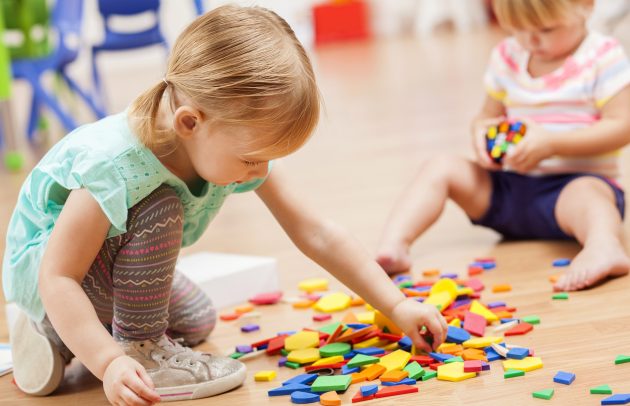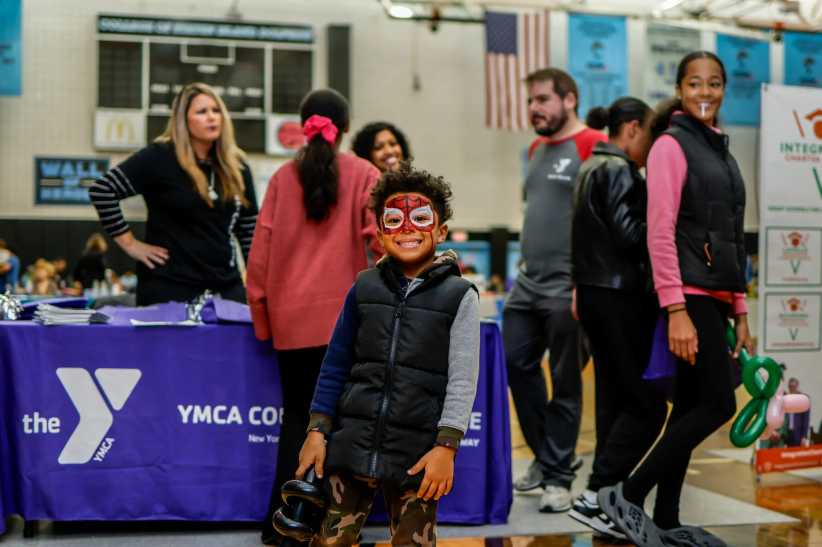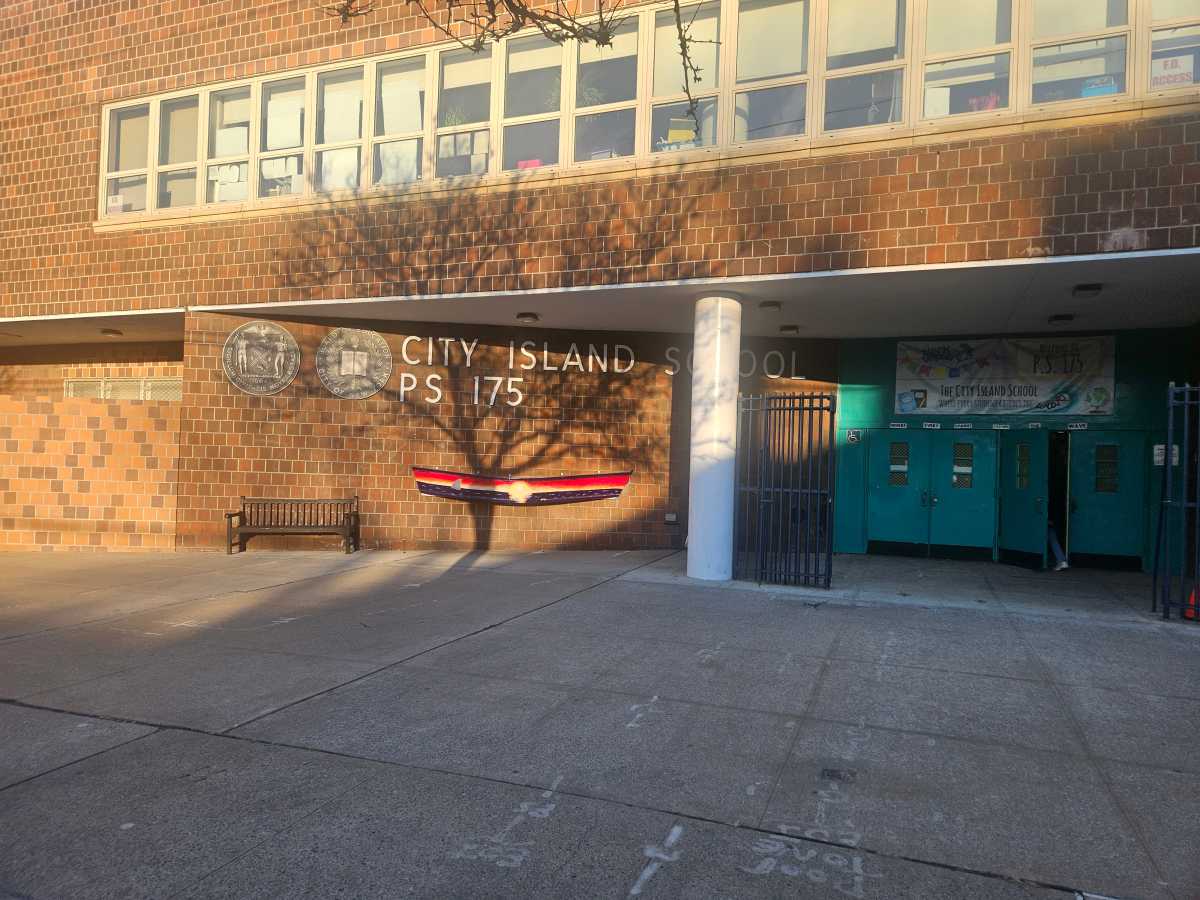Many quality early childhood centers build in a phase-in period at the beginning of the school year during which parents or caregivers remain in the classroom, and then within the school, as their child adjusts to this new experience. We view this separation from a trusted parent or caregiver as a very significant experience.
When children begin school, they are learning to turn to adults outside of their immediate circle to tend to their needs. Even with a wonderful teacher-to-child ratio, it is an adjustment for a child to become part of a group and learn to wait to have his or her every need met.
This period, when parents and caregivers are still in the classroom, offers an opportunity for the adults and children to get to know the teachers, other students, routine, and expectations. We are respecting children by allowing them this time to learn to trust that these new adults can care for them and see to their needs. Here are some tips for this important transition period.
8 New School Year Tips For Separation from a Trusted Parent or Caregiver:
- Let your child stay with you if he or she wants to. Children will venture out when they are ready. It is helpful to bring a book or some work so you are occupied while still being there for comfort.
- Encourage your child to look to teachers to fulfill their needs — for example, asking for bathroom trips or needing help with a toy. By doing this, you are communicating your feelings of trust and confidence in the teachers.
- Tell your child if you are going to leave. Don’t sneak out!
- When you do leave, please be where you’ve told your child you will be! Teachers are building trust with your child, and they want him or her to know that they are truthful.
- Communicate openly with teachers. You all have the same goal of helping your child successfully transition to school. Feel free to connect with teachers when your child is not there to develop a plan or share your concerns.
- Follow the guidance of teachers. They have been doing this for many years and have unique insights and wisdom in this area. Of course, you know your child best, so share your thoughts with teachers and work together.
- When it is time to leave, do it quickly. Do not linger or say goodbye multiple times. This draws out the moment of separation, and can make it much harder for children.
- Teachers are learning about your child. They may ask you to leave even if your child is crying so they can see if your child is able to accept comfort from them. They will call you back if your child is inconsolable.
I always tell parents that it’s not easy to be the first or last parent to leave the room. This process is so subjective and individual to each child. It can be hard to see that other children are separating more easily from their grown-ups, but it also can be tough to see that your child is okay without you.
This process of separation is not only for the sake of children, but also to help parents through the monumental step of trusting your child in the hands of educators.
Miriam Kalmar is director of Stephen Wise Free Synagogue’s Early Childhood Center (ECC) on the Upper West Side. The ECC provides children 12 months to five years with a nurturing and stimulating environment inspired by the world-renowned schools of Reggio Emilia, Italy, which value children as capable, strong, and rich with wonder and knowledge.














